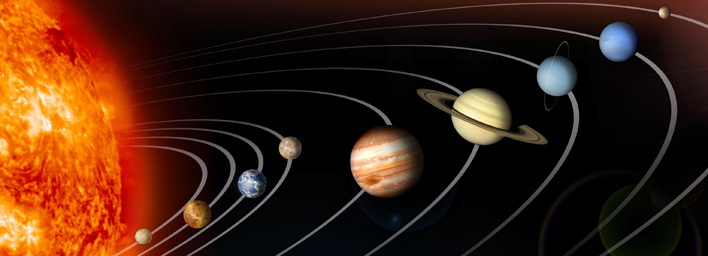Definition
Entropy is a concept in thermodynamics representing the measure of disorder or randomness in a system. It is a fundamental principle that indicates the direction of natural processes, showing that systems tend to move from a state of order to a state of disorder over time. In statistical mechanics, entropy quantifies the number of microscopic configurations that correspond to a thermodynamic system’s macroscopic state, providing insight into the system’s level of chaos or unpredictability. It also plays a crucial role in the second law of thermodynamics, stating that the total entropy of an isolated system can never decrease over time.
Etymology and Origin
The term entropy is derived from the Greek word ἐντροπία (entropía), which itself comes from ἐν- (en-, meaning “in”) and τροπή (tropē, meaning “transformation”). Coined by Rudolf Clausius, the word was intended to capture the essence of energy transformation within a system, particularly focusing on the aspect of energy that cannot be used for work, leading to an increase in disorder or randomness. This etymological foundation from Greek highlights the concept’s origins in describing the fundamental nature of energy changes and the inevitable progression towards disorder in isolated systems.



